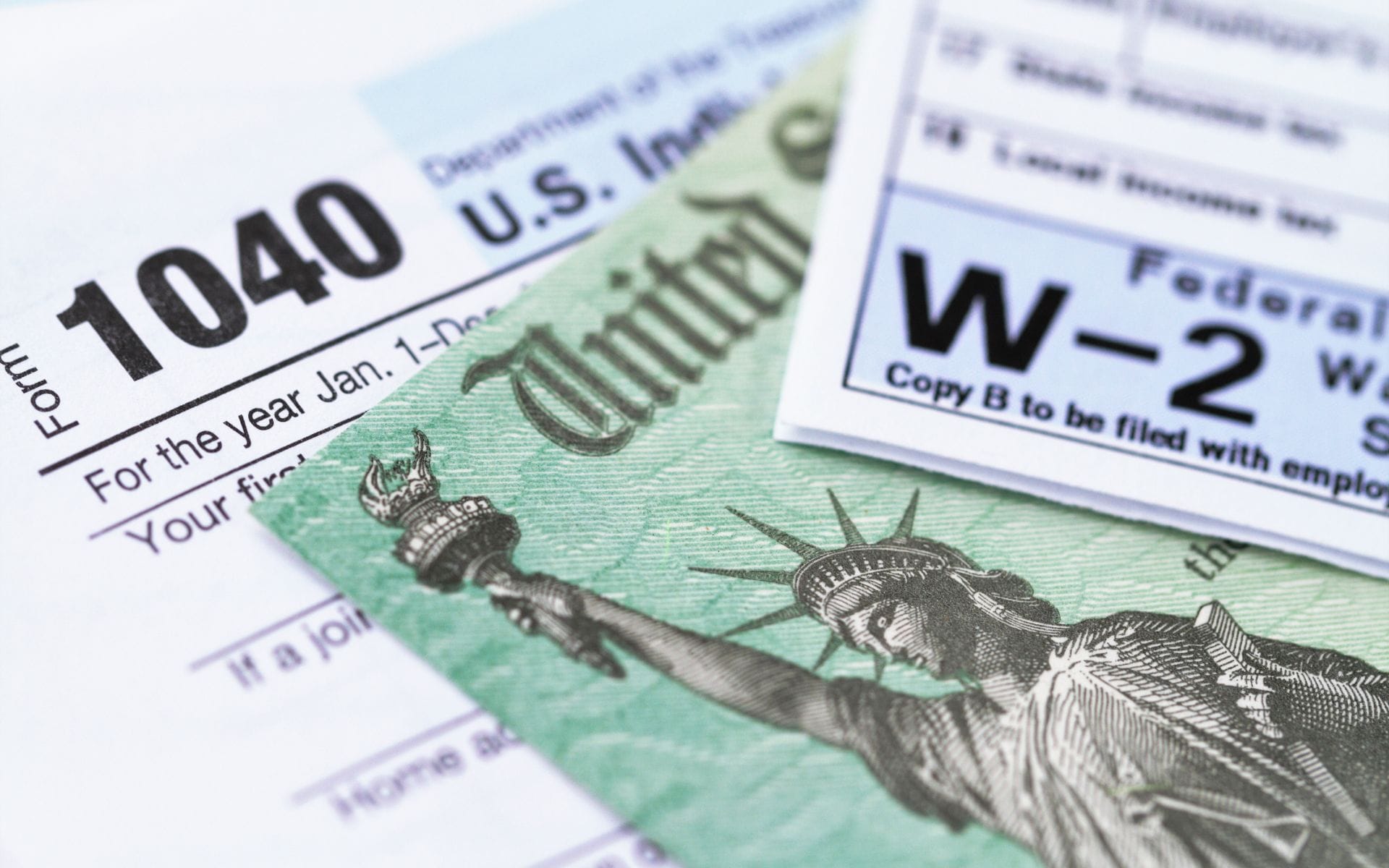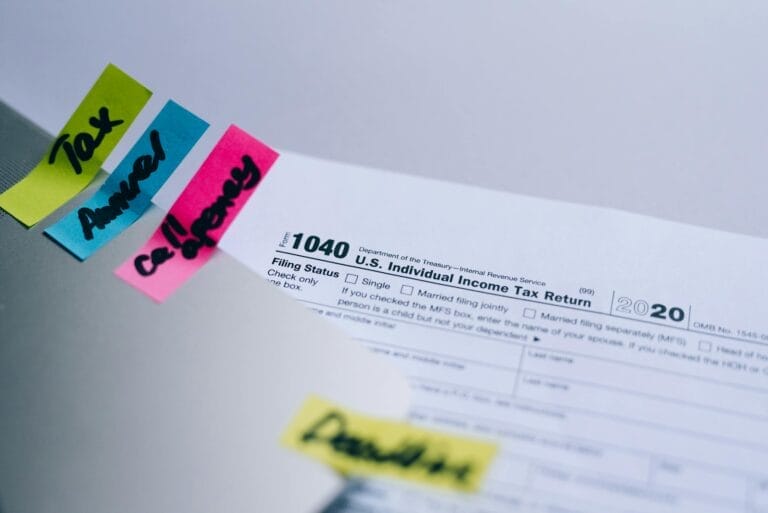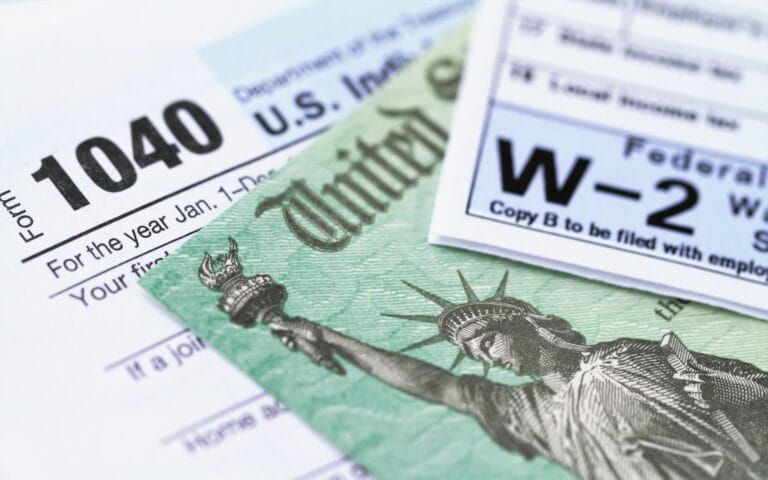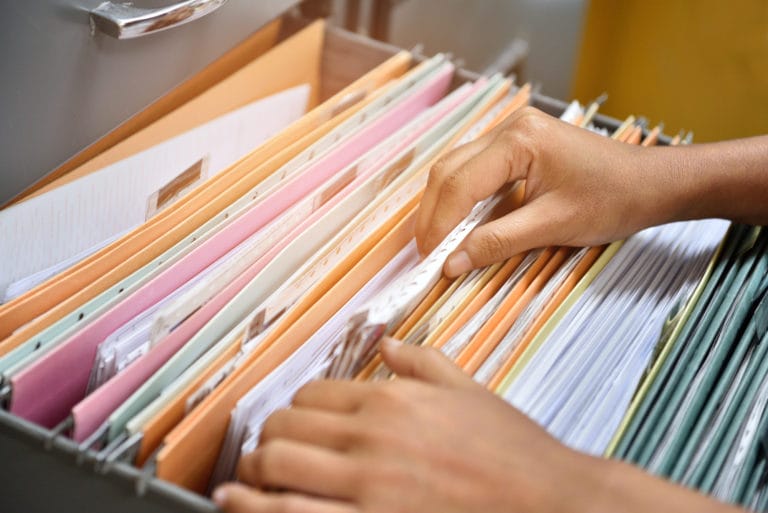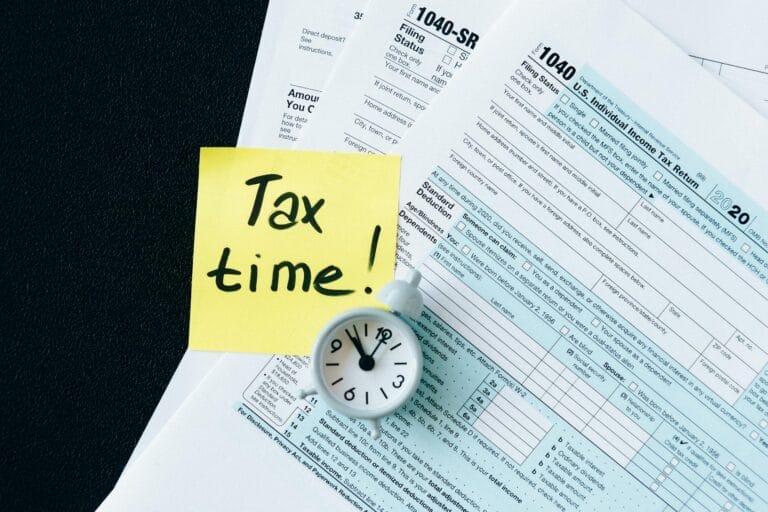Shredding for Tax Season: What to Keep and What to Destroy
As tax season rolls around, many individuals and businesses begin the annual task of sorting through financial records, receipts, and forms in preparation for filing. While organization is key, so is the safe disposal of sensitive documents. Improper disposal can lead to identity theft, data breaches, and legal risks. That’s where tax season shredding becomes essential.
In this article, we’ll guide you through what tax documents to keep, what to shred, and how to stay compliant with best practices for document retention and destruction.
Why Tax Season Shredding Matters
Every year, tax season generates a flood of paper: W-2s, 1099s, bank statements, old returns, and receipts. These documents often contain Social Security numbers, bank details, and other personally identifiable information (PII). Tossing them in the trash leaves you vulnerable to fraud and identity theft.
Tax season shredding isn’t just about clearing clutter—it’s about protecting yourself, your clients, and your business.
What to Keep and For How Long
Not all documents should be shredded right away. The Internal Revenue Service (IRS) and financial experts recommend holding onto certain records for set periods.
Here’s a quick guide:
Keep for 3-4 years:
- Tax returns and supporting documents (receipts, W-2s, 1099s)
- Proof of deductions and credits
- Bank statements and canceled checks related to tax filings
- Medical bills and insurance documentation
- Utility bills (if claiming home office deductions)
- Pay stubs (until reconciled with W-2s)
Keep for 6 years
- If you underreported income by more than 25%, the IRS has up to six years to audit
Keep for 7 years
- Documents related to loss from worthless securities or bad debts
- Supporting tax documents (receipts, statements, etc.)
- Home improvement records
- Accident reports and claims
- Mortgage documents
Keep permanently
- Tax return copies
- Records of property purchase and improvements (for capital gains purposes)
- Business incorporation documents and legal contracts
- Inheritance documentation
- Major financial transaction records
- Retirement and pension plan documents
- Legal documents (wills, powers of attorney, etc.)
When in doubt, consult with a tax advisor or accountant before shredding.
What to Shred After Tax Season
Once you’ve filed your taxes and properly stored essential documents, these items can typically be shredded:
- ATM receipts and bank deposit slips (after reconciling with statements)
- Pay stubs (after comparing with W-2s)
- Credit card statements (after 45 days if there are no tax-related expenses)
- Utility bills (unless needed for home office deductions)
- Sales receipts for minor purchases
- Expired insurance policies
- Outdated financial statements
- Previous tax supporting documents beyond the 7-year retention period
- Travel itineraries and hotel bills not used for business deductions
If it’s not tax-related and doesn’t impact your financial or legal records, it likely qualifies for immediate shredding.
Timing Your Tax Season Shredding
The ideal time for tax season shredding is after your return has been filed and processed, typically by late spring. However, don’t rush to shred supporting documents from the current tax year. The IRS generally has three years to audit returns, and up to six years if they suspect substantial errors.
Best Practices for Tax Season Shredding
When considering tax season shredding, keep in mind the following tips:
- Secure storage before shredding
Use locked containers or file cabinets to store documents awaiting shredding. This protects them from unauthorized access.
- Digitize important records
Before shredding physical copies, ensure you have secure backups.
- Shred documents containing sensitive info
Destroy documents with your Social Security numbers, account numbers, passwords, signatures, medical information, or financial data.
- Use a professional shredding service
Household shredders often can’t handle large volumes or produce fine enough cuts to ensure security. A professional shredding service ensures compliance with federal regulations and provides certification of destruction. Plus, they offer on-site shredding service which allows you to witness the destruction for your peace of mind. Meanwhile, their off-site services are ideal for high-volume purges.
- Establish a regular shredding schedule
Don’t wait until documents pile up. Schedule routine shredding—especially during and after tax season—to maintain clean, secure records and reduce the risk of information exposure.
Compliance Considerations
Businesses must comply with various regulations regarding document retention and destruction:
- IRS requirements: Business tax records must be kept for at least 7 years.
- Fair and Accurate Credit Transactions Act (FACTA): Requires businesses to take reasonable measures to protect customer information.
- Health Insurance Portability and Accountability Act (HIPAA): Mandates strict protocols for handling medical information.
- The Sarbanes-Oxley Act: Affects document retention policies for publicly traded companies.
Professional tax season shredding services understand these requirements and provide compliant destruction processes with verification.
Need Help with Safe Tax Document Disposal?
As tax season concludes, take the opportunity to review your document management strategy. Properly identifying what to keep and what to destroy helps protect your sensitive information while maintaining compliance with retention requirements. Whether you choose to handle shredding in-house or partner with a professional service, implementing a systematic approach to tax document disposal is an essential part of your financial security plan.
Contact Marshall Shredding today to schedule your tax season shredding service and ensure your sensitive documents are handled with the highest level of security.



